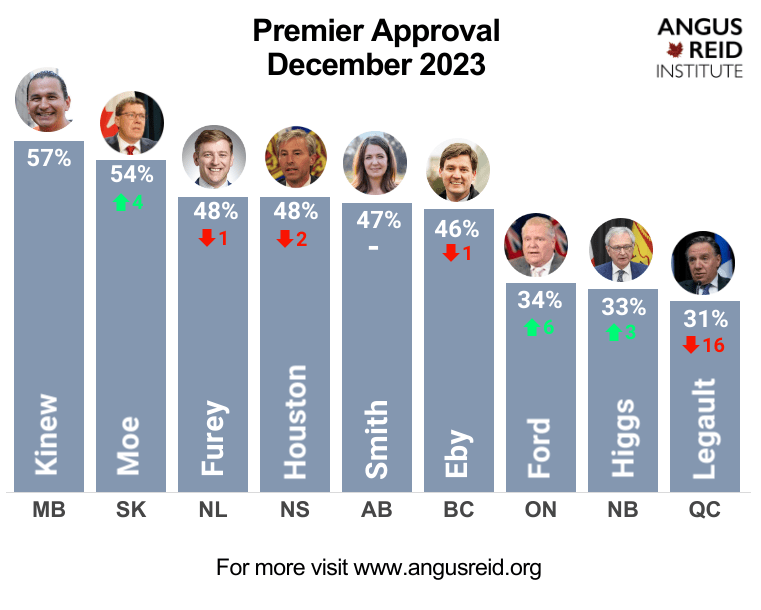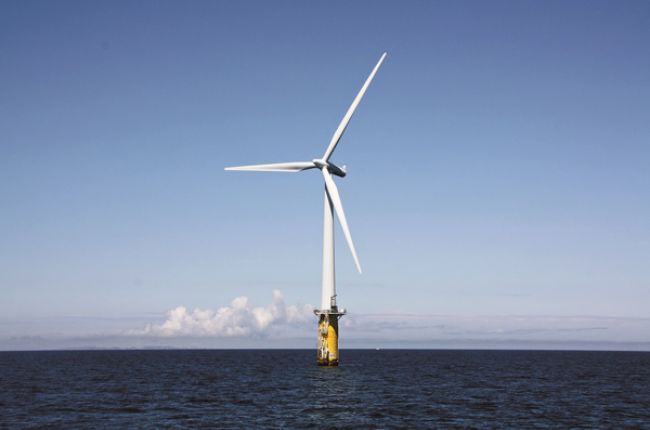A new report entitled Canada’s Energy Future 2023 by the Canada Energy Regulator (CER) forsees Newfoundland's oil production dropping sharply by the early 2030s and 99% by 2050. This The CER assumed the Bay du Nord project would start production would start producing oil by 2030, but its owner, Equinor, at the end of May has already "delayed" its start for three years as oil prices drop and may never start up, making the CER scenario look even more optimistic than today's condtions warrant.
This illustrates the risk that the Trudeau and Furey Liberal governments are putting the province by focusing on greatly expanding offshore oil production through large subsidies. Since it takes years for new oil production to ramp up, the danger would be that the as production was starting to grow signficantly, prices would drop as the world shifted away from fossil fuels because of the catastrophic damage greenhouse gas emissions produce during the climate crisis.
The Hercules drill rig is anchored off of Bay Bulls, N.L. before heading offshore to drill an exploration well for ExxonMobil Canada and its partner, Qatar Energy. (Danny Arsenault/CBC)
Oil production in Newfoundland and Labrador is slated to drop sharply within the next decade, peaking at the latest by the early 2030s, according to the Canada Energy Regulator (CER).
In fact, offshore oil drilling could have nearly disappeared by 2050, according to a reportreleased last month by the federal agency.
The CER's report charts how oil production in the province's offshore would evolve in three scenarios:
- If the planet reaches net-zero by 2050.
- If Canada reaches net-zero, but the rest of the world lags.
- If current measures are maintained, but not reinforced.
The agency projects that if the planet reduces its emissions to net-zero, oil production in Newfoundland's offshore is set to fall off a cliff, dropping 99 per cent by 2050, according to the report.
But even in the event Canada announces no new measures and misses its net-zero target, production in Newfoundland would still drop 80 per cent.
In each of the scenarios studied, the CER assumes Equinor's Bay du Nord project will come into service by the end of the decade. However, in May, the Norwegian energy giant postponed the project three years due to mounting costs. ...
Bay du Nord is the only new project included in the CER's analysis, despite early-stage exploration work from oil companies, including ExxonMobil and BP.
In an interview with Radio-Canada, CER chief economist Jean-Denis Charlebois said production will peak in Newfoundland and Labrador "around 2025, maybe a little sooner" if Bay du Nord is cancelled.
Three of the four fields currently in production have been pumping oil since the 1990s or early 2000s and Charlebois said if Bay du Nord is cancelled, the existing fields would follow a "natural decline."
https://www.cbc.ca/news/canada/newfoundland-labrador/oil-production-repo...



 A Newfoundland offshore oil rig. Photo by Zukiman Mohamad/Pexels
A Newfoundland offshore oil rig. Photo by Zukiman Mohamad/Pexels



 A
A